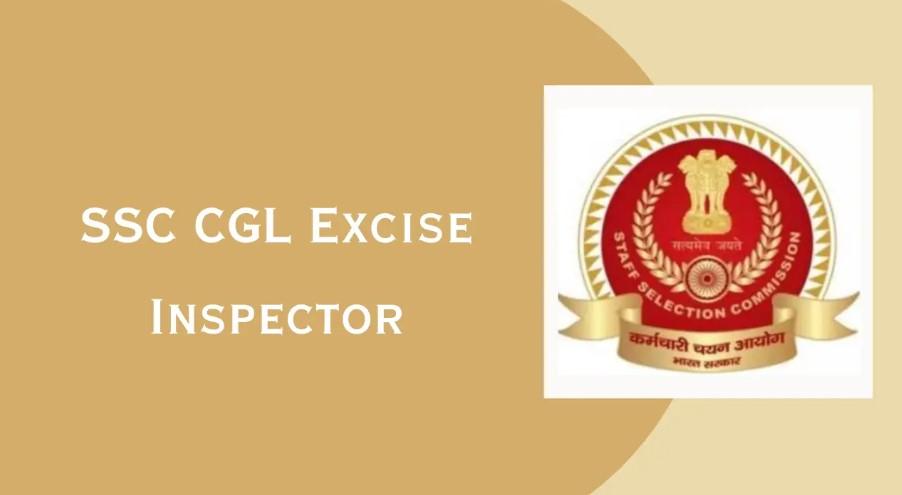By Mohit Jain | mohitjain.8829@gmail.com

Section 227(4A) of the companies act, 1956 required that the auditor’s report of certain class of companies should include a statement on certain prescribed matters. And these requirements were prescribed under the Companies (Auditor’s Report) Order, 2003 by Ministry of Corporate Affairs. From 1st April, 2014, section 227(4A) of Companies Act, 1956 has been ceased to be in operation after notification of 143(11) under Companies Act, 2013.
Though now the requirements of section 227(4A) of Companies Act, 1956 provides by Section 143(11) of Companies Act, 2013. The Ministry of Corporate Affairs on 10th April 2015 issued the Companies (Auditor’s Report) Order, 2015 prescribing certain reporting requirements for auditors of certain class of Company.
Applicability of CARO-2015
Every report made by the auditor under section 143 of companies act, 2013 for financial year commencing on or after 1st April, 2014 should include CARO-2015.
Company Covered under the CARO-2015
CARO-2015 shall apply to every company including foreign company as defined under section 2(42) of Companied Act, 2013, except-
1. A banking company as defined under Banking Regulation Act, 1949
2. An insurance company as defined under Insurance Act, 1938
3. Company licensed to operate under section 8 of the companies act, 2013
4. One Person Company as defined under section 2(62) of companies act, 2013
5. And a private limited company,
a. With a paid-up capital and reserves are not more than INR 50 lakhs, and
b. Doesn’t have loan outstanding exceeding INR 25 lakhs from any bank or financial institution, and
c. Does not have a turnover exceeding INR 5 crores at any time during the financial year
Matters to be reported in the CARO-2015
The reporting requirements under CARO, 2015 have been reduced considerably as compared to CARO, 2003 i.e., from 21 clauses to 12 clauses.
| S.No | Heads | Matters to be reported |
| 1 | Fixed Assets | 1. Whether the company is maintainingproper records showing full particulars, including quantitative details and situation of fixed assets or not? 2. Whether these fixed assets have beenphysically verified by the management at reasonable intervals; whether any material discrepancies were noticed on such verification and if so, whether the same have been properly dealt with in the books of account? |
| 2 | Inventories | 1. Whether physical verification of inventory has been conducted at reasonable intervals by the management?

2. Are the procedures of physical verification of inventory followed by the management reasonable and adequate in relation to the size of the company and the nature of its business? 3. whether the company is: (a) maintaining proper records of inventory, (b) Whether any material discrepancies were noticed on physical verification and if so, whether the same have been properly dealt with in the books of account? |
| 3 | Granting of Loan to certain parties | Whether the company has granted any loans, secured or unsecured to companies, firms or other parties covered in the register maintained under section 189 of the Companies Act, 2013. If so, 1. Whether receipt of the principal amount and interest are also regular? 2. If overdue amount is more than rupees one lakh, whether reasonable steps have been taken by the company for recovery of the principal and interest? |
| 4 | Internal Control System | Is there an adequate internal control system: – commensurate with the size of the company and – the nature of its business, For the purchase of inventory and fixed assets and for the sale of goods and services. Whether there is a continuing failure to correct major weaknesses in internal control system. |
| 5 | Acceptance of Deposits | In case the company has accepted deposits, whether the directives issued by the Reserve Bank of India and the provisions of sections 73 to 76 or any other relevant provisions of the Companies Act and the rules framed thereunder, where applicable, have been complied with? If not, the nature of contraventions should be stated; If an order has been passed by Company Law Board or National Company Law Tribunal or Reserve Bank of India or any court or any other tribunal, whether the same has been complied with or not? |
| 6 | Maintenance of Cost Records | Where maintenance of cost recordshas been specified by the Central Government under sub-section (1) of section 148 of the Companies Act, whether such accounts and records have been made and maintained? |
| 7 | Deposit of statutory Dues | 1. Is the company regular in depositingundisputed statutory dues including (a) provident fund, (b) employees’ state insurance, (c) income-tax, (d) sales-tax, (e) wealth tax, (f) service tax, (g) duty of customs, (h) duty of excise, (i) value added tax, (j) cess and any other statutory dues with the appropriate authorities and if not, the extent of the arrears of outstanding statutory dues as at the last day of the financial year concerned for a period of more than six months from the date they became payable, shall be indicated by the auditor. 2. in case dues of (a) income tax, or (b) sales tax or (c) wealth tax or (d) service tax or 
(e) duty of customs or (f) duty of excise or (g) value added tax or (h) cess Have not been deposited on account of any dispute, then the amounts involved and the forum where dispute is pending shall be mentioned. (A mere representation to the concerned Department shall not constitute a dispute). 3. Whether the amount required to be transferred to investor education and protection fund in accordance with the relevant provisions of the Companies Act, 1956 and rules made thereunder has been transferred to such fund within time. |
| 8 | Accumulated Losses | Whether in case of a company which has been registered for a period not less than five years, its accumulated losses at the end of the financial year are not less than fifty per cent of its net worth and whether it has incurred cash losses in such financial year and in the immediately preceding financial year? |
| 9 | Default In repayment of dues | Whether the company has defaulted in repayment of dues to a financial institution or bank or debenture holders? If yes, the period and amount of default to be reported. |
| 10 | Guarantee for loan taken others from banks or financial institution | Whether the company has given any guarantee for loans taken by others from bank or financial institutions, the terms and conditions whereof are prejudicial to the interest of the company? |
| 11 | Application of terms loan | Whether term loans were applied for the purpose for which the loans were obtained? |
| 12 | Fraud Reporting | Whether any fraud on or by the company has been noticed or reported during the year? If yes, the nature and the amount involved is to be indicated. |
For unfavorable or qualified answers
Like CARO, 2003, under CARO, 2015 also,
(1) Where, in the auditor’s report, the answer to any of the questions in matters to be stated in CARO-2015 is unfavorable or qualified, the auditor’s report shall also state the reasons for such unfavorable or qualified answer, as the case may be.

(2) Where the auditor is unable to express any opinion in answer to a particular question, his report shall indicate such fact together with the reasons why it is not possible for him to give an answer to such question.
– Mohit Jain
Related Tags MCA, MohitJain, ROC













